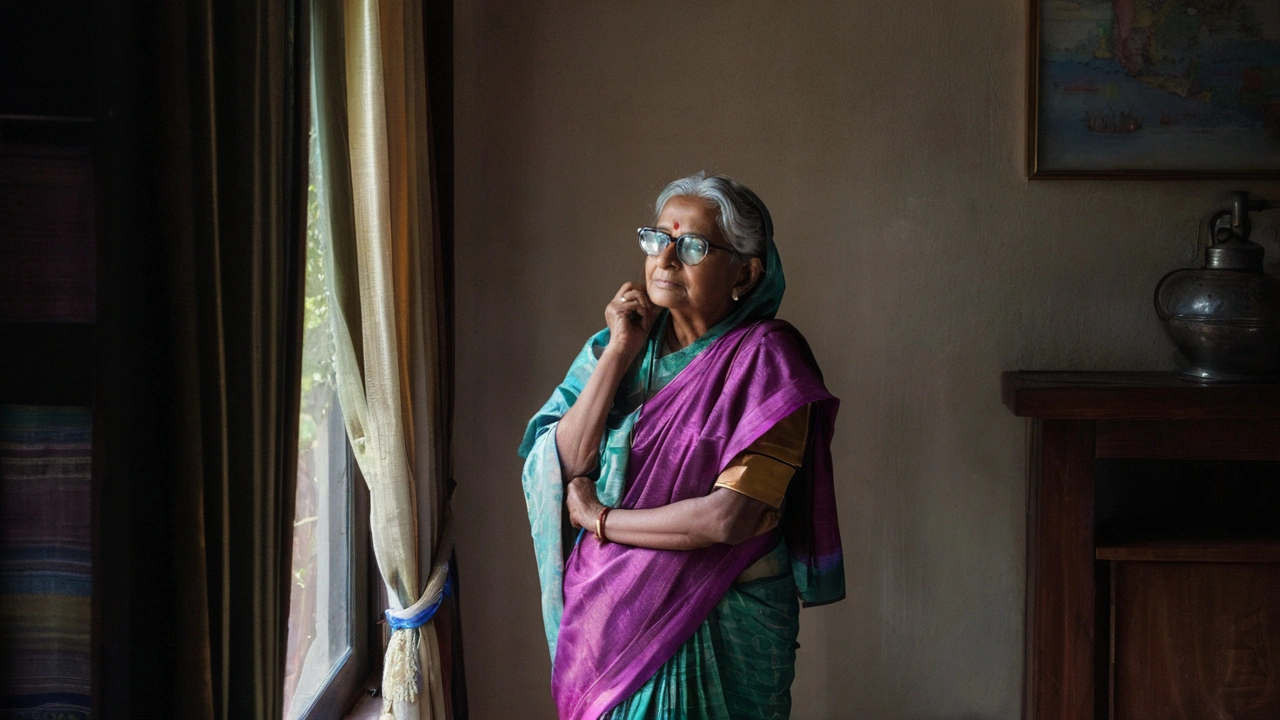Political instability: clear updates and practical ways to follow fast-changing events
Political instability shapes lives, markets and migration. You don’t need a degree in geopolitics to understand what’s happening — just clear signs and a few trusted steps to follow. This page gathers news and explains the most useful signals so you can stay informed without getting lost in noise.
What counts as political instability? Think sudden court decisions that change power dynamics, ceasefires and their breakdowns, mass protests, military moves, and large-scale displacement after disasters or conflict. These events often come together: a court ruling can spark protests, a ceasefire can free hostages but unsettle political coalitions, and a dam collapse in a fragile region can worsen an already unstable situation.
Recent stories to read
We track pieces that show how instability plays out on the ground. Read about a Guatemalan court ordering investigative journalist Jose Rubén Zamora back to prison — a case that highlights how legal decisions can threaten press freedom and transparency. Follow our coverage of the Gaza ceasefire deal linked to international diplomacy and internal party tensions in Israel — that deal affects security, hostages and regional politics. See our reporting on the Alau Dam collapse in Maiduguri, where flooding and mass displacement created a public-health emergency layered on top of governance gaps. Each story has concrete details: who made the move, why it matters now, and who is most affected.
How to follow and judge breaking instability
Want to track events without panicking? Start with these signals: sudden changes in court rulings or arrests of key journalists, large troop movements or roadblocks, rapid displacement numbers, official internet outages, and emergency weather warnings tied to infrastructure failures. Check multiple sources: local reporters, reputable NGOs (like Doctors Without Borders or the Red Cross), and official statements. If only one outlet reports something dramatic and no local or international group confirms it, hold off on sharing until verification arrives.
For personal safety and action: if you live in an affected area, follow local emergency services first. If you want to help from afar, donate to verified relief groups working on the ground rather than sending goods without coordination. For journalists and researchers, archive primary sources — court orders, official statements, and on-the-ground photos with timestamps — they matter for later accountability.
Desert Rose Daily tags stories so you can follow developments by region and topic. Use this tag page to catch updates, read linked reports, and track the human impact behind headlines. When coverage shifts fast, focus on verified facts, clear trends, and who the immediate victims are. That gives you a grounded view of political instability — one that helps you understand consequences, not just headlines.

